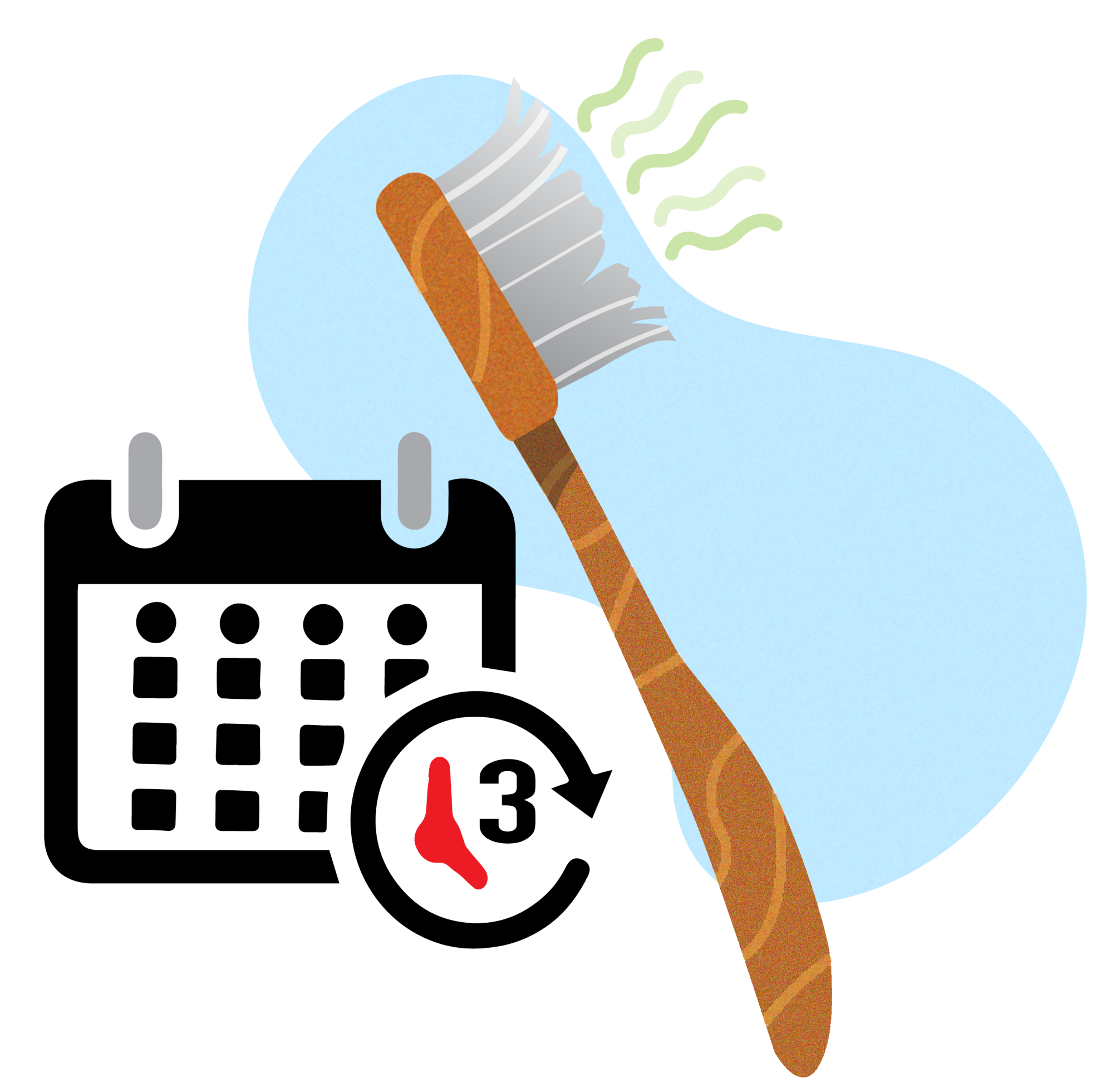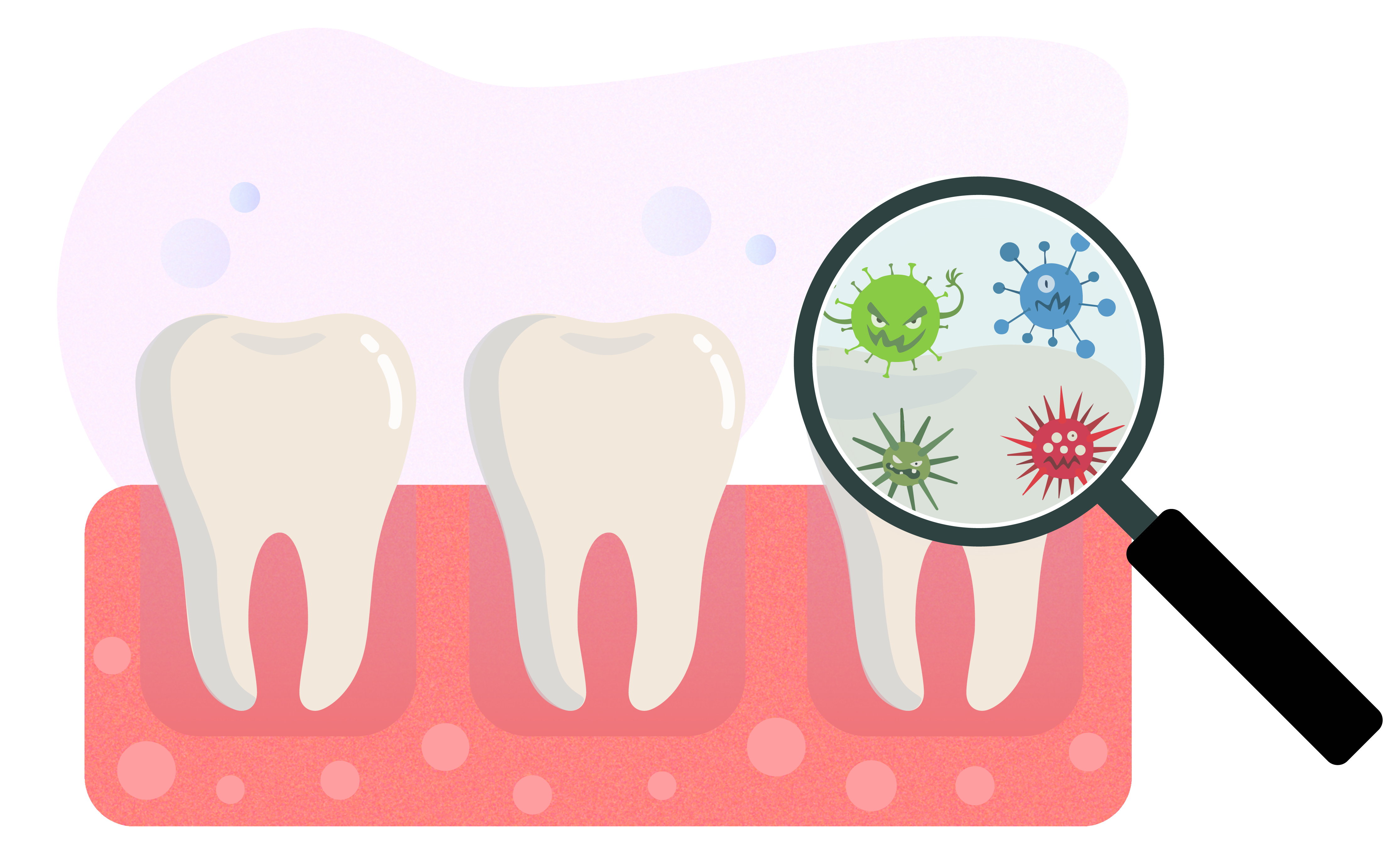
With the start of the new year, many people are working on fresh goals and routines. We hope one of your resolutions is to keep up good oral health. To help with this, take a look at your oral hygiene supplies, then toss out the old and bring in the new!

Which dental products expire and how often should you replace them?
🦷 Toothbrushes – The building block of all of our at-home oral health routines does not expire. However, once you use it, it should be replaced every three months or once the bristles become frayed.
🦷 Toothpaste – The expiration date for toothpaste is listed on the tube. It is typically about two years after it is manufactured. Though it is not dangerous to use expired toothpaste, it will be less effective as the fluoride will lose strength. The taste might also be off as the flavoring fades.
🦷 Floss – Dental floss does not expire. Don’t use this as an excuse to forget this step in your routine! As it ages, the flavor might not stick around, but it will still clean out the hard to reach areas between your teeth and around your gums, as long as you use the proper technique.

🦷 Mouthwash – Product packaging will show the expiration date. Usually, this is two to three years after it is made. Expired mouthwash will lose its effectiveness because the alcohol or antiseptic will begin to dissolve. This leaves only water in the container, which will not be strong enough to kill the bad bacteria in your mouth.
This information in this post is for general educational purposes only and does not warrant or represent any information as related to health as specifically appropriate for you. It is not intended to be medical advice or replace the relationship that you have with your health care providers. You should always seek medical advice on any diagnosis or treatment from a qualified health care provider. The information is provided “as is” without any representations or warranties, express or implied.





